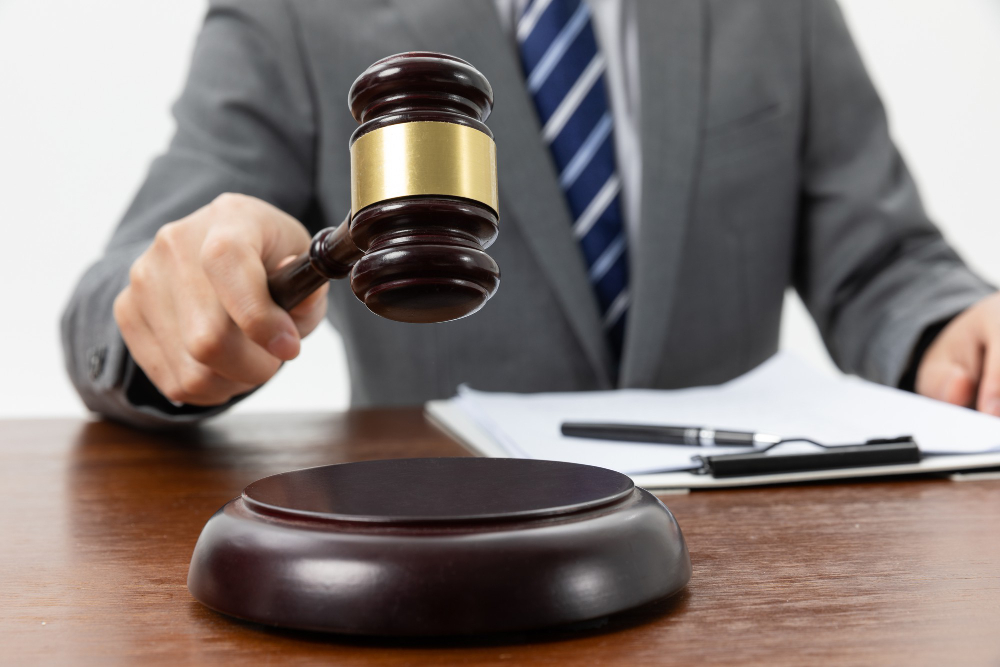AI-powered firm Garfield. Law gets SRA approval to pursue debt claims for as little as £2.
For just £2, you can now unleash an AI-generated legal threat. The UK’s legal system has crossed a chilling new frontier, as the Solicitors Regulation Authority (SRA) approves the country’s first law firm driven by artificial intelligence. Based in Tunbridge Wells, Kent, Garfield.Law Ltd is set to offer debt recovery services using a language model AI—marking a seismic shift in how justice might soon be served.
The firm promises a fully digitalised experience for businesses chasing unpaid debts up to £10,000. Its baseline service? A “polite chaser” letter, priced at a mere £2, generated by a machine rather than a solicitor.
SRA chief executive Paul Philip did not shy away from the significance of this decision. “The first regulatory approval of an AI-based law firm is a landmark moment for legal services in this country,” he said. “With so many people and small businesses struggling to access legal services, we cannot afford to pull up the drawbridge on innovations that could have big public benefits.”
Embed from Getty ImagesBut innovation isn’t without its shadows.
The SRA admits that this venture into AI law comes with unfamiliar dangers. It has taken precautionary steps, working closely with Garfield’s owners to ensure that regulatory standards can be upheld by the AI-driven system. This included rigorous checks to confirm that all processes—such as quality control, confidentiality, and conflict-of-interest checks—are firmly in place.
One of the most unnerving concerns? The risk of AI “hallucinations”—a known flaw where large language models fabricate information that appears credible. To mitigate this, the SRA has forbidden Garfield’s AI from suggesting case law, a domain where the risks of false or misleading output remain high.
Garfield is not fully autonomous, however. According to the regulator, the AI cannot act without explicit client approval, and any legal step remains under the watchful eye of named, regulated solicitors who bear final responsibility. Still, the machine will do most of the talking.
The approval raises deep questions about the nature of justice in an age of automation. While touted as a cost-saving lifeline for small enterprises, critics may wonder: are we creating a system where algorithms churn out legal threats, targeting vulnerable debtors with mechanical precision?
Philip acknowledges the novelty of the risks. “Any new law firm comes with potential risks, but the risks around an AI-driven law firm are novel,” he said. “So we have worked closely with this firm to make sure it can meet our rules, and all the appropriate protections are in place.”
Garfield’s authorisation is expected to be the first of many. The SRA says it will monitor the firm’s progress closely as it sets the tone for future AI-based legal services. But for now, Garfield stands alone—a symbol of both innovation and discomfort in a legal landscape being rapidly reshaped.
Gone are the days when legal letters required a human hand. In today’s world, a £2 digital assistant might just replace your solicitor.





